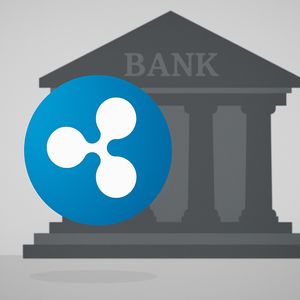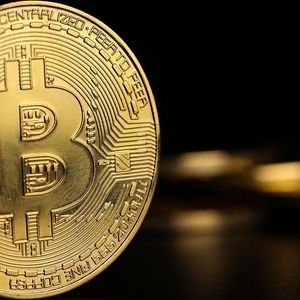China’s yuan might soon be heading into a deliberate tailspin, and while that could be bad news for most Asian currencies, the Bank of Japan (BOJ) might find itself in a unique position to benefit. With Beijing weighing a devaluation of its currency to counteract Donald Trump’s tariffs, the knock-on effects across global markets could hand Governor Kazuo Ueda the advantage he’s been waiting for. Analysts are keeping an eye on Japan’s currency, the yen, which has become unusually sensitive to the yuan’s movements. This little interplay could redefine the BOJ’s strategy for navigating Japan’s stubborn inflation and volatile economy. A trade war’s ripple effect hits Japan The stage is set by Trump’s threat to slap a 25% tariff on Chinese imports by 2025. Predictably, Beijing’s response is to consider weakening the yuan to 7.5 per dollar, down from its current level of 7.27. The strategy is simple: make Chinese goods cheaper and mitigate the impact of American tariffs. But the yen, already under pressure, might slide further. BNP Paribas strategist Jain Chandresh estimates that the yen could weaken to 156 per dollar if Beijing moves forward with its plan. Without Trump’s tariffs, the yen might sit around 140 by the end of 2025. This would exacerbate an already volatile year for Japan’s currency, which saw a sharp rally in July when the BOJ raised rates to their highest level in 15 years. That rate hike triggered chaos. Investors dumped carry trades tied to the yen, sparking a global selloff and Tokyo’s worst market rout since Black Monday in 1987. Prime Minister Shigeru Ishiba even hinted the central bank should ease up. The yuan’s decline could offer a much-needed stabilizer, taking pressure off the yen as the BOJ eyes another potential rate increase. BOJ faces tough choices As the BOJ prepares for its Dec. 18-19 meeting, the stakes couldn’t be higher. Recall that their July meeting happened in an almost identical situation, and we had to watch them nearly trigger a full-blown global financial crisis. A Reuters poll shows 54% of economists expect no change in the BOJ’s benchmark rate of 0.25%, with the central bank likely to wait until January for more clarity on wage growth and Trump’s trade policies . Inflation in Japan has stayed above the BOJ’s 2% target for 30 consecutive months, backed by wage growth of 2.5% to 3% annually. But household spending has been on the decline for three straight months, and factories output has been inconsistent. The yen’s wild ride Currency volatility is nothing new for Japan, but 2024 has been particularly brutal. When the BOJ raised rates in July, the yen surged, rattling markets. Now, the currency is trading around 154 per dollar, with traders scaling back their expectations for another rate hike this month. Teppei Ino of MUFG Bank says that markets have priced in a 77% probability of no change in December, compared to just 35% a month ago. However, he warns that the BOJ might act suddenly if the yen depreciates too quickly, especially with the Federal Reserve’s upcoming meeting expected to push the dollar higher. “If the yen hits 155 against the dollar, the BOJ might be forced to raise rates sooner than planned,” Ino says . Analysts agree that the yen’s behavior will be a key factor in shaping the BOJ’s next steps. Goldman Sachs found that the yen is more sensitive to changes in the yuan than any other major currency. This connection means that a weaker yuan could drag the yen down further, relieving some pressure on Japan’s exporters but potentially destabilizing the broader economy. For now though, the BOJ seems content to wait. From Zero to Web3 Pro: Your 90-Day Career Launch Plan



















